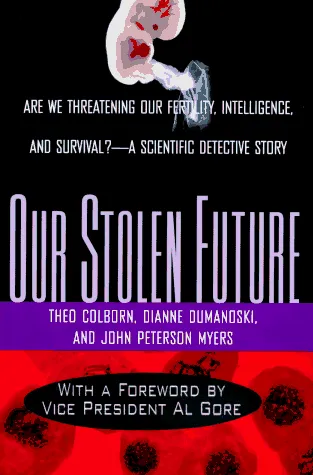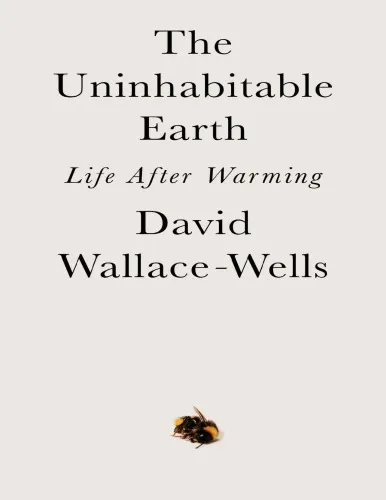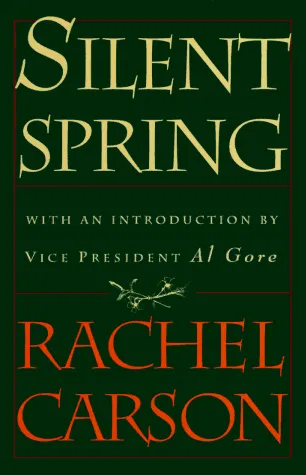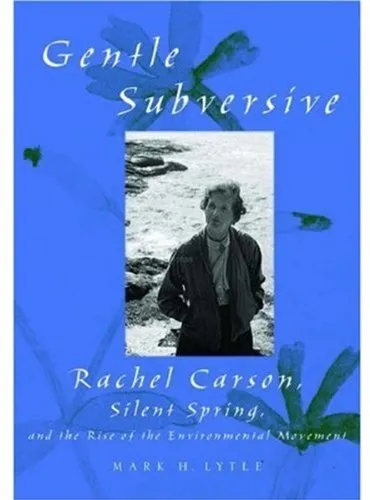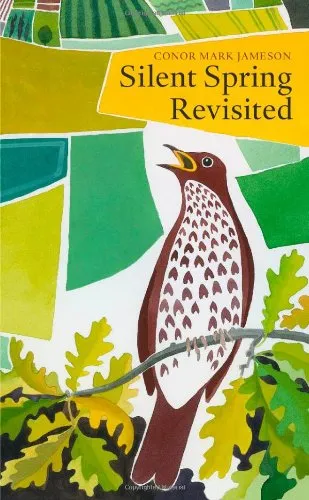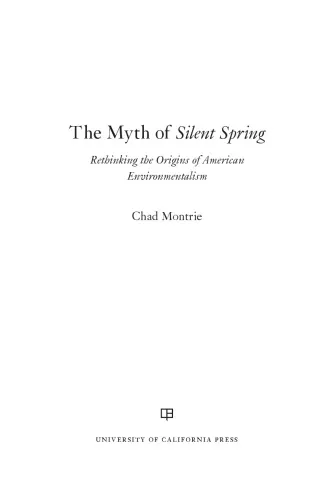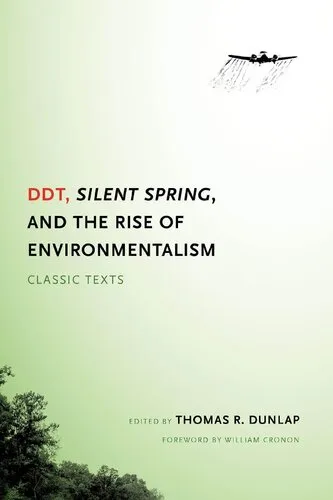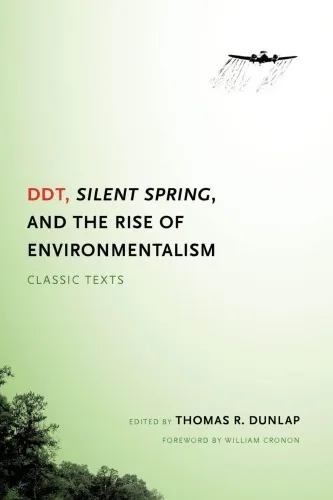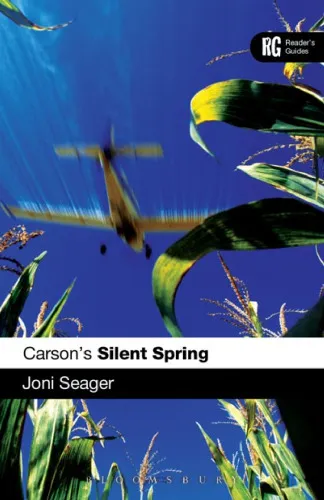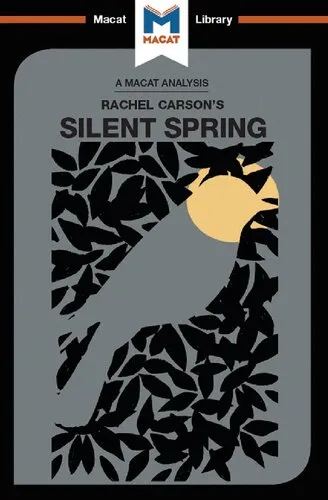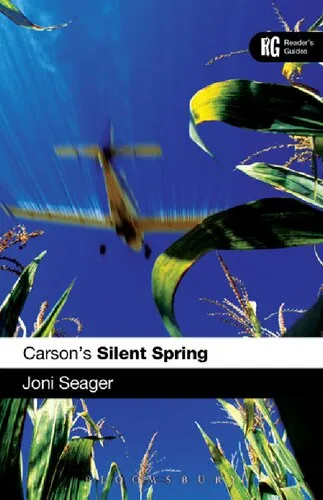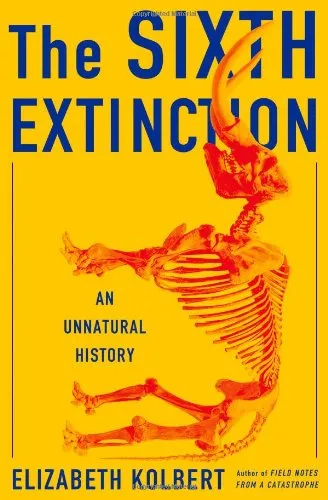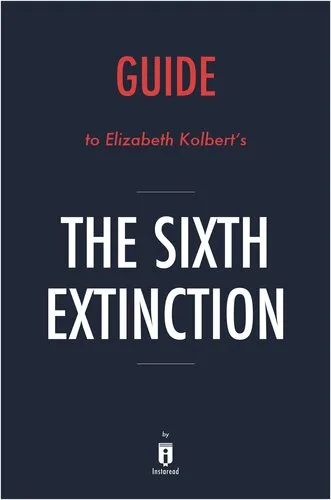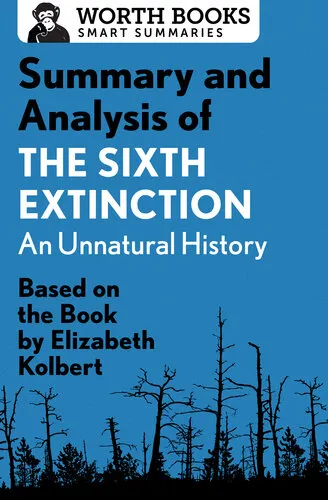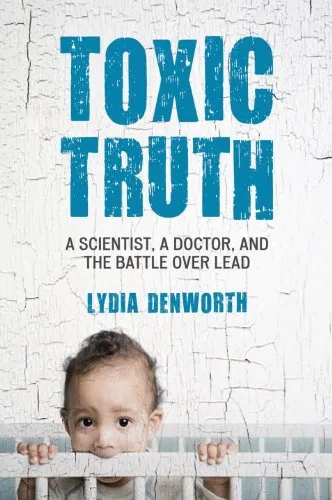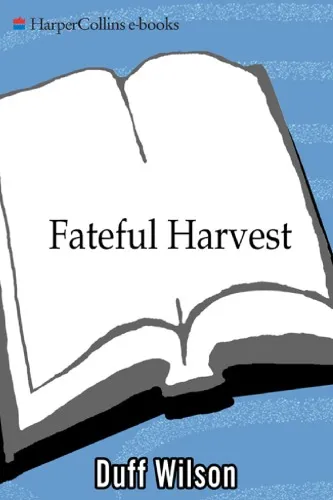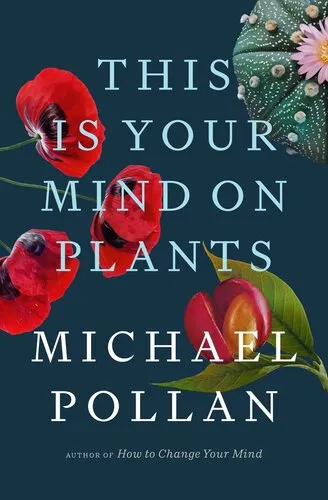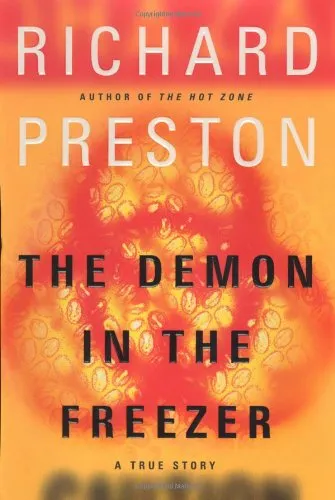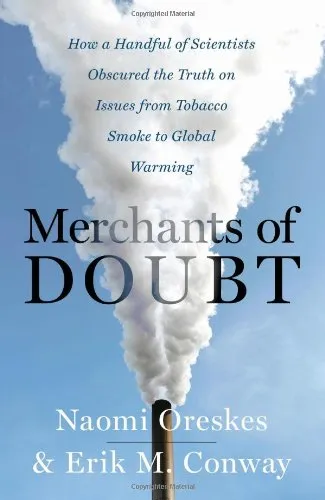Our stolen future: are we threatening our fertility, intelligence, and survival? : a scientific detective story
4.1
Reviews from our users

You Can Ask your questions from this book's AI after Login
Each download or ask from book AI costs 2 points. To earn more free points, please visit the Points Guide Page and complete some valuable actions.Related Refrences:
Persian Summary
Introduction to "Our Stolen Future: Are We Threatening Our Fertility, Intelligence, and Survival?"
Published in 1996, "Our Stolen Future" by Theo Colborn, Dianne Dumanoski, and John Peterson Myers raises an alarming yet crucial discourse on the impact of synthetic chemicals on human health, particularly our reproductive systems, cognitive functions, and survival. This compelling narrative builds on the legacy of Rachel Carson’s "Silent Spring" and explores how the endocrine-disrupting chemicals prevalent in our environment may compromise our future.
Detailed Summary of the Book
The book meticulously investigates the links between industrial-age chemicals and emerging scientific evidence pointing to their dangers. It takes readers on a journey through groundbreaking research revealing how these hidden toxic threats can interfere with the natural hormonal signals in wildlife and humans alike. From ubiquitous chemicals in plastics and pesticides to the synthetic estrogens found in pharmaceuticals, the authors unravel a distressing tapestry of how industrial progress has inadvertently put our endocrine systems at grave risk.
With detailed scientific rigor, "Our Stolen Future" discusses how these chemicals mimic, block, or otherwise disrupt the delicate hormonal balance essential for reproduction, development, and behavior. It presents case studies and research that highlight declining human sperm counts, an uptick in developmental and reproductive anomalies, and the growing incidence of hormone-related health issues.
Key Takeaways
- The book illuminates the foundational understanding of endocrine disruptors, an area of environmental science that was largely ignored before its publication.
- By connecting various pieces of scientific evidence, the authors effectively demonstrate how widespread use of certain chemicals threatens global health and biodiversity.
- Despite overwhelming scientific evidence, regulatory action and public awareness remain limited, prompting a call for increased advocacy and research.
- The narrative proposes the urgent need for a precautionary approach to chemical usage and policy-making.
Famous Quotes from the Book
"If we are willing to face the gloom, it is possible to emerge with a clearer sense of our direction. Hope is not the same as denial. Choosing to stop short and refuse to look squarely at the full range of possibilities before us will not change them."
"In a perverse twist, our creaturely well-being may depend less on the advancement of technology than on a recovery of some elemental human wisdom."
Why This Book Matters
This book is a pivotal work in environmental literature, provoking a fundamental reevaluation of how human activities impact future generations' ability to thrive. The authors' synthesis of scientific findings presents a compelling case for proactive policy and ecological mindfulness, emphasizing the ethical dimensions of environmental stewardship. It is a clarion call for individuals, policymakers, and industries to recognize the far-reaching consequences of chemical exposure and engage in transformative change.
The importance of "Our Stolen Future" lies not only in its pioneering exploration of endocrine disruptors but also in its role in shaping public discourse and environmental legislation. It has inspired a new generation of researchers, activists, and informed citizens dedicated to safeguarding our biological heritage.
Free Direct Download
You Can Download this book after Login
Accessing books through legal platforms and public libraries not only supports the rights of authors and publishers but also contributes to the sustainability of reading culture. Before downloading, please take a moment to consider these options.
Find this book on other platforms:
WorldCat helps you find books in libraries worldwide.
See ratings, reviews, and discussions on Goodreads.
Find and buy rare or used books on AbeBooks.
1497
بازدید4.1
امتیاز0
نظر98%
رضایتReviews:
4.1
Based on 0 users review
Questions & Answers
Ask questions about this book or help others by answering
No questions yet. Be the first to ask!
